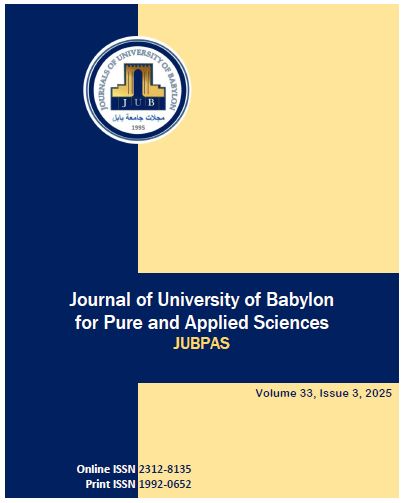A Comprehensive Study on Prediction Providing Medicines Using Machine Learning
Main Article Content
Abstract
Providing medicines in the required quantities is a very influential point for healthcare institutions and the pharmaceutical industry. The challenge in the pharmaceutical sector is that some medicines can disappear due to side effects, while others appear as they were invented. Some medicines can also be improved, and the use of some medicines increases according to the season. These reasons combined make the prediction process complex. The current article reviews the importance of drug production management (predicting the required quantities with high accuracy), and the most important algorithms that have been employed in this field are also addressed, with a focus on improving accuracy and reducing the error value. Machine learning algorithms can play an influential role in the pharmaceutical industry and management. Improving accuracy depends largely on the availability of a data set specific to this field, which is a challenge as there is no link between diseases and their medicines, and there are some medicines that are used to treat more than one disease. The current article reviews the most important challenges facing researchers when working in this field.
Background:
The availability of medicines and medical supplies is a critical issue in healthcare institutions. This study highlights the importance of using artificial intelligence and machine learning to predict the quantities of medicines required to ensure accurate and appropriate supply. Deep learning algorithms can also be used to improve prediction accuracy.
Materials and Methods:
This study included collecting and analyzing previous studies on the use of artificial intelligence and machine learning techniques and conducting a comprehensive study on the impact of using machine learning algorithms in predicting drug quantities and their impact on providing appropriate quantities.
Results:
After compiling and analyzing related works on predicting drug availability using artificial intelligence and machine learning techniques, the study concluded with a set of challenges facing this problem and how to address them.
Conclusion:
The field of pharmacy is currently considered an important field due to the rapid development of the pharmaceutical industry. The production and supply of medicines require large amounts of money. Therefore, with the rapid increase in medicine usage data, a set of references was reviewed that used data mining techniques and artificial intelligence algorithms that were trained on medicine and pharmaceutical industry data, where the focus was on improving accuracy and reducing the error value. Also, employing the capabilities of artificial intelligence and machine learning leads to improving medicine production in terms of providing accurate quantities. The increase in production leads to the product reaching its expiration date, while the decrease in production leads to the inability of pharmacies to provide the required treatments, and in both cases, it leads to harm to human life. Future work may be to determine the side effects of medicines through patient experiences, and the effectiveness of medicines can be evaluated through clinical trials and patient ratings of medicines.
Article Details
Issue
Section

This work is licensed under a Creative Commons Attribution 4.0 International License.
